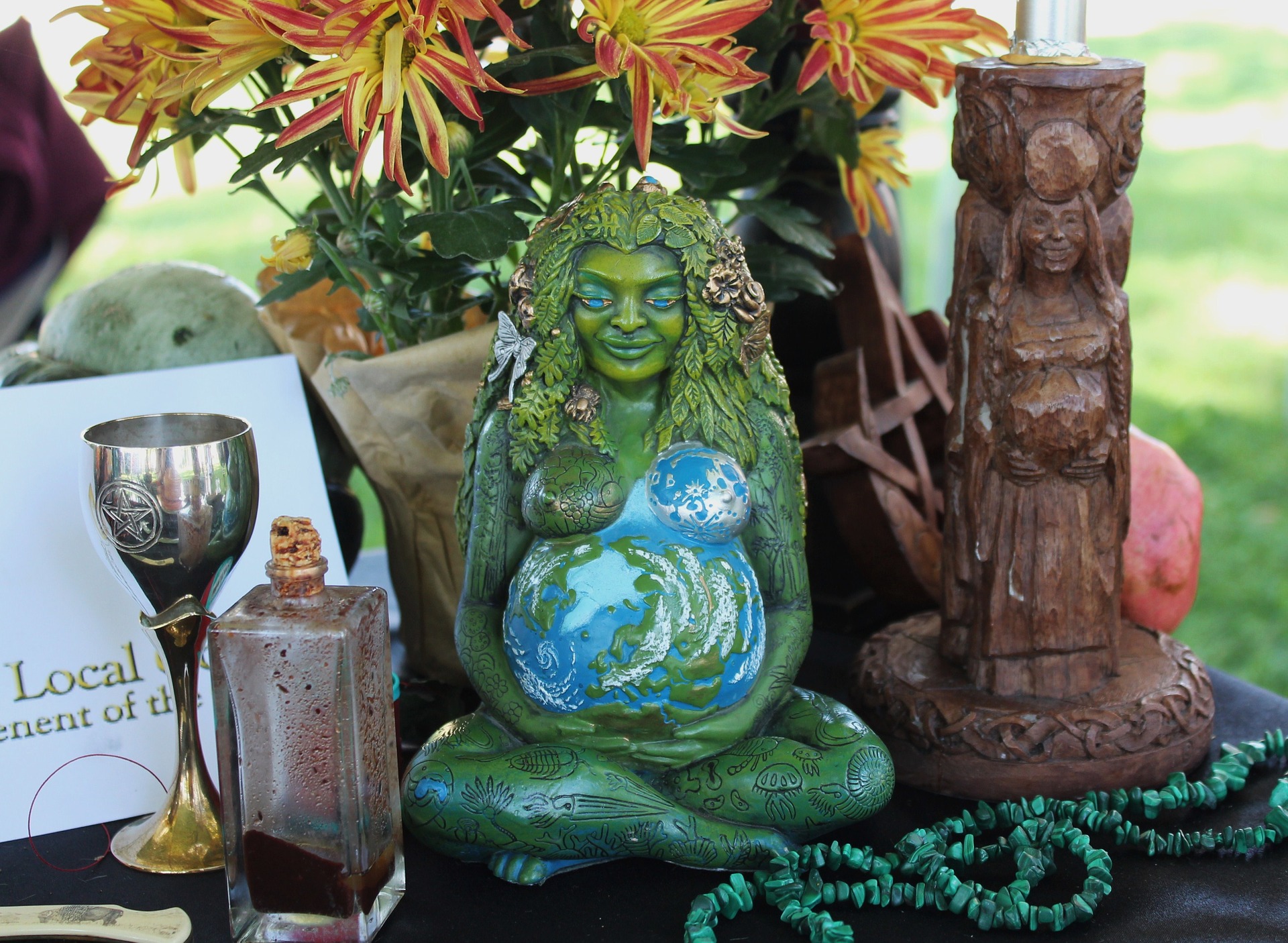
If you have recently stumbled into the world of paganism, Wicca, and witchcraft, it’s reasonable to feel a bit confused about what exactly each of these terms mean. While it’s true that these terms are closely related and share some common ground, there are some very critical differences that separate them.
Below, learn about the difference between paganism vs Wicca vs witchcraft, and what it means to belong to each category.
What is Paganism?
Paganism is an umbrella term used to describe a diverse group of religious and spiritual belief systems.
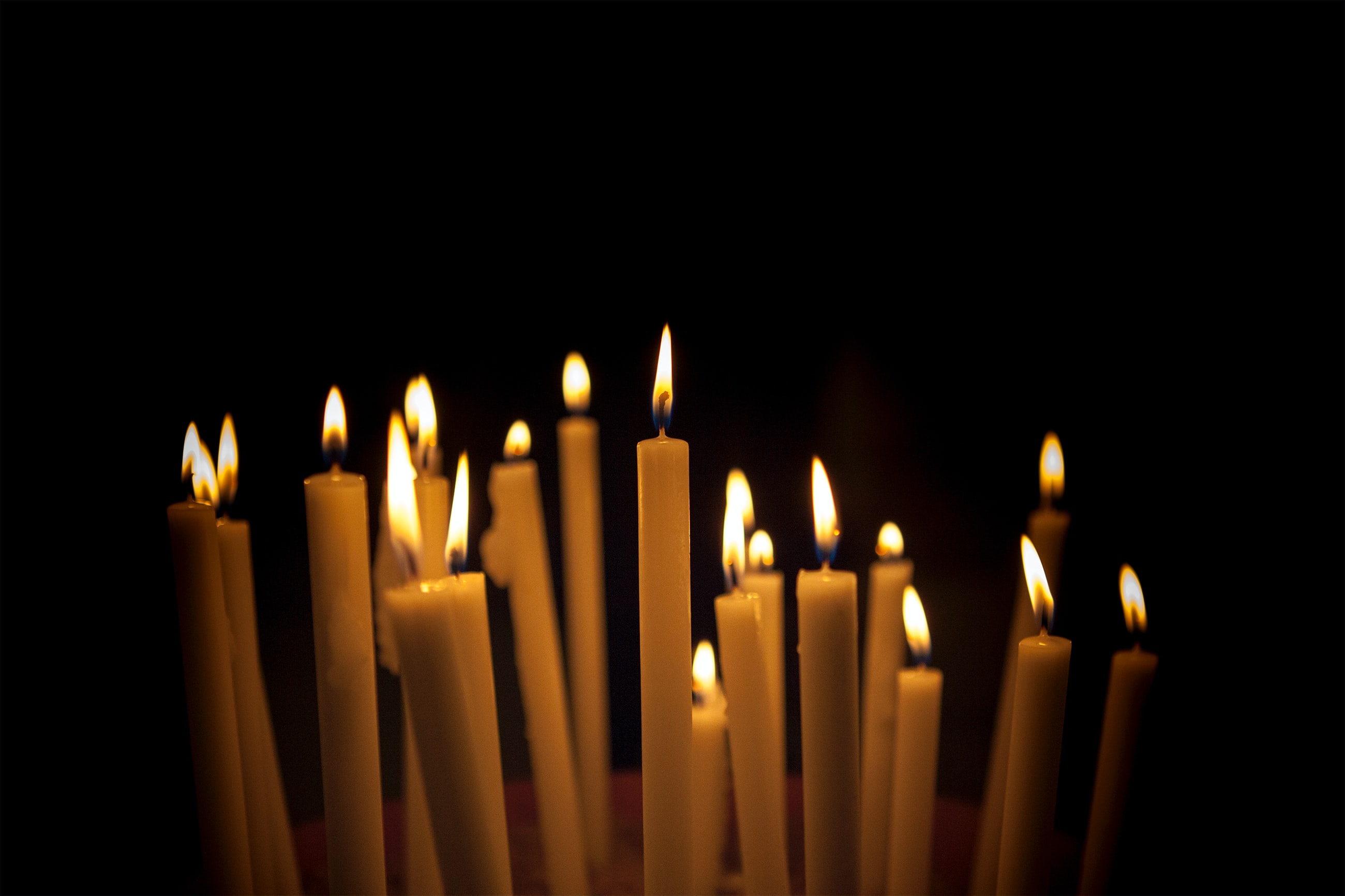
These belief systems fall outside the scope of the “main” world religious such as Christianity, Judaism, Islam, Hinduism, and Buddhism. Pagan religions tend to:
- Be either polytheist (belief in multiple deities), animist (belief that all things have a spirit), or pantheist (belief that the divine is in everything)
- Place a great significance on nature, though this is not true for every pagan religion.
Some pagan belief systems are reconstructed from ancient belief systems, such Hellenism, Celtic Reconstructionism, and Heathenry. Others are modern religions that incorporate elements of pre-Christian practices, such as Wicca and (modern) Druidry.
Paganism is also referred to as modern paganism, contemporary paganism, and Neo-paganism in order to separate it from historical paganism, though many practitioners simply use the term “paganism.”
The word “pagan” is derived from the Latin paganus, meaning “rustic” and later “civilian.” This term was used by Christians during the end of the Roman Empire to identify non-Christians who practiced polytheism, meaning they worshipped multiple gods and goddesses.
“Pagan” was originally used as a derogatory term in this context, implying that polytheist non-Christians were simple country folk who practiced an inferior religion. Pagans did not use this word to describe themselves or their religious practices until the modern era.
What is Wicca?
Wicca is a modern religion that falls under the umbrella term “paganism.”
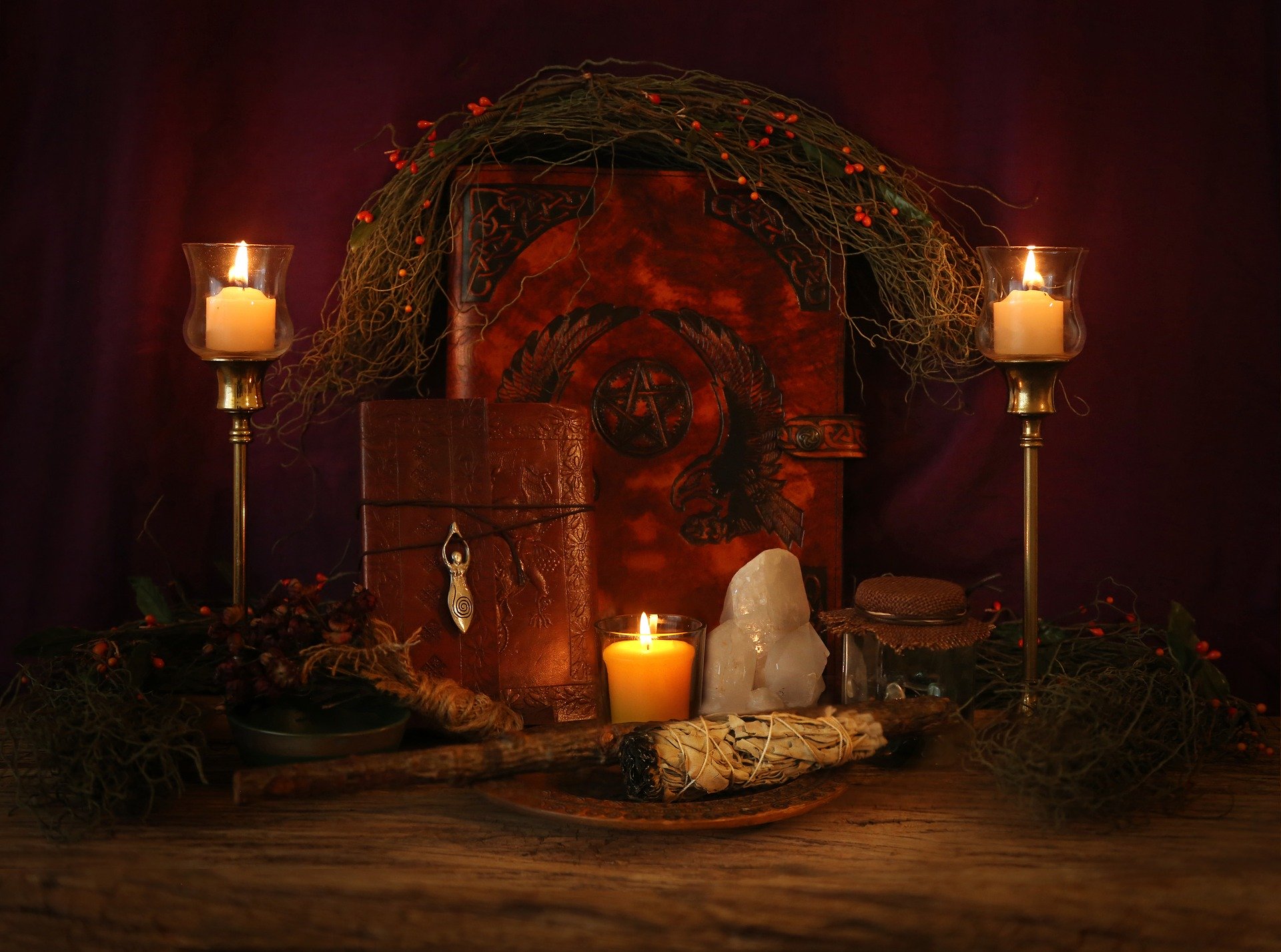
Wicca was developed in England during the 1940s and 1950s and was introduced to the world by Gerald Gardner. It places a heavy emphasis on nature and the pre-Christian religious and witchcraft traditions of northern and western Europe.
It’s worth noting that Gardner and his early followers never used the term “Wicca” to describe their religion; rather they referred to it as the “witch cult” or the “old religion.” Later during the 1960s, the name of this religious movement was normalized to “Wicca.”
Wiccans primarily believe in two deities: the Goddess and the God. These divine figures are responsible for the cycles of life and death on earth, and play an important role in the Wiccan Wheel of the Year—the calendar of Sabbats (festivals/holidays) followed by Wiccans.
Rituals and deity worship often take place on the Sabbats and Esbats (celebrations held on specific moon phases), and may incorporate magical practices. Tools used in a Wiccan ritual might include a chalice, candles, a pentacle, and an athame (ceremonial blade), among others.
Today there are many branches of the Wiccan religion, each with their own core beliefs and practices.
What is Witchcraft?
Witchcraft is the practice of magic and energy manipulation.
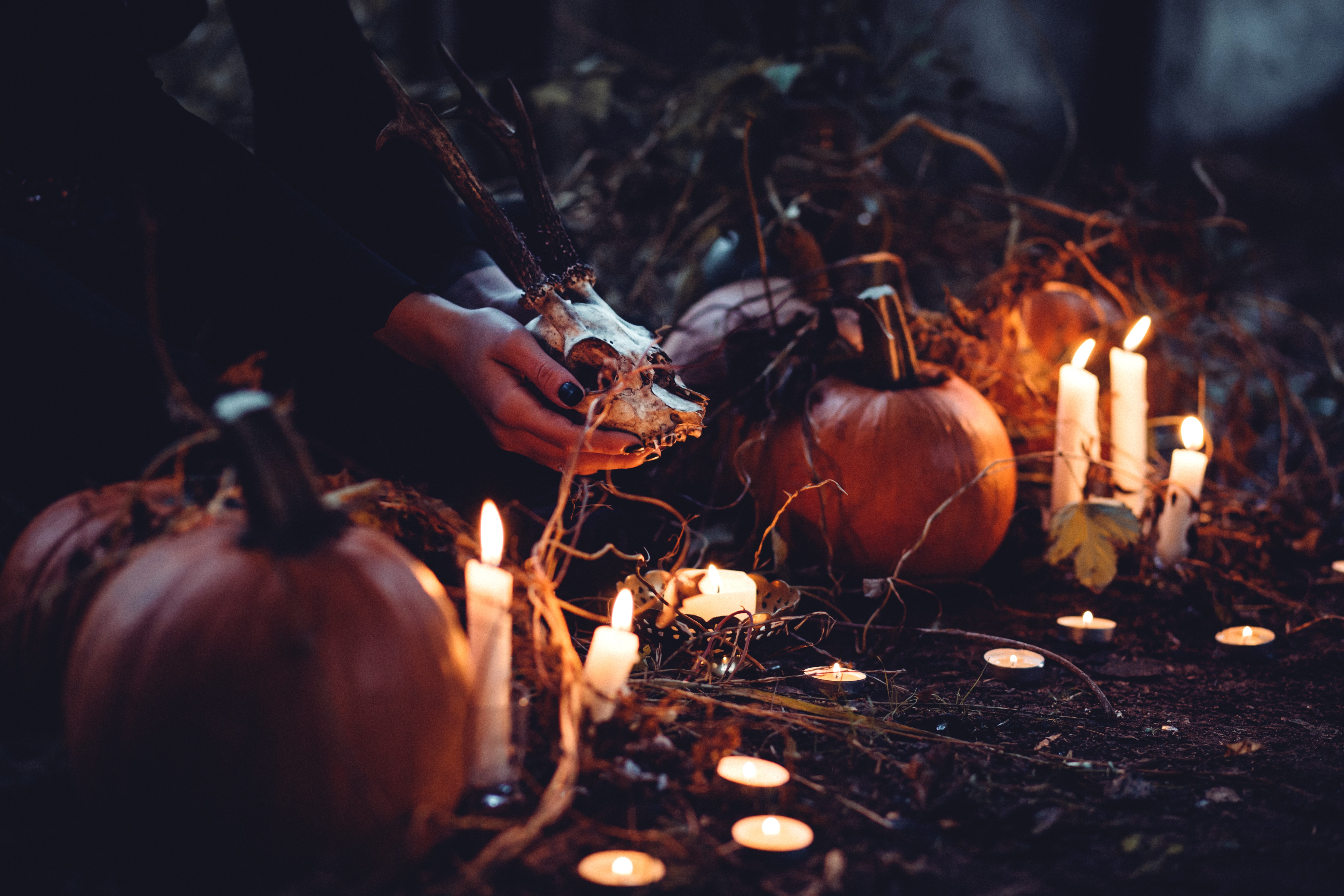
Witchcraft is an extremely broad term that refers to a huge, diverse assortment of practices and traditions. From Africa to South America, and from Europe to Australia, and from North America to Asia, there are literally hundreds of cultures with their own histories of witchcraft.
There are also nearly limitless ways to practice witchcraft: spellcasting, herbalism, and divination (seeking knowledge through supernatural means), just to name a few.
In its simplest sense, witchcraft is any act that attempts to harness and control certain energies in order to manifest a desired result. If you are familiar with the practice of intention setting, then are you already acquainted with the basic principle of witchcraft. The difference is that many witches use tools and rituals to help “power up” their manifestation abilities.
Common types of witchcraft include green witchcraft (focused on herbalism and botany), kitchen witchcraft (focused on home routines and cooking), hedge witchcraft (focused on communicating with the spiritual plane), and traditional witchcraft (focused on historical practices and beliefs).
FAQ About Paganism vs Wicca vs Witchcraft
Are all pagans Wiccan?
No. Pagan is an umbrella term referring to many different religions and belief systems.
While it’s not a perfect analogy, consider how Christianity has many different denominations: Baptist, Lutheran, Methodist, etc. Asking if all pagans are Wiccans is like asking if all Christians are Baptist.
Wicca is technically a form of paganism, meaning all Wiccans are pagans. However, many Wiccans think of themselves as Wiccans first and foremost, and do not relate to the term “pagan.”
Are all witches Wiccan? / Are all witches pagan?
No. Witchcraft is a practice, not a religion.
Witches can be Wiccan, Heathen (a type of paganism), Hellenic polytheist (another type of paganism), Jewish, Christian, agnostic, atheist, or any other religion on the planet.
Think of witchcraft as a hobby or activity such as soccer, painting, or baking. Just as these activities are not limited to any one religion, witchcraft is not limited to any one religion.
Are all pagans witches?
No. There are pagans who practice witchcraft, just as there are atheists and Christians who practice witchcraft. However, there are also many pagans who do not practice witchcraft or even believe in the power or validity of witchcraft.
Are all Wiccans witches?
Not necessarily. Although magic and witchcraft are a big part of the Wiccan religion, there are some practitioners who worship the Wiccan God and Goddess and take part in the Sabbats and Esbats, but do not feel called to practice witchcraft.
I want to cast spells and learn magic. Should I convert to Wicca / paganism?
No, not necessarily. You can become a witch, cast spells, and learn magic without converting to any specific religion. You should only consider converting if you understand the principles of the religion, believe in the relevant gods and goddesses, and feel called to participate in those religious practices.
I am a witch. Do I have to follow the Rule of Three?
No. The Rule of Three is a Wiccan tenet that states whatever energy a person puts out into the world, be it positive or negative, it will be returned to that person threefold.
Unless you follow the Wiccan religion, the Rule of Three does not need to be a part of your witchcraft practice. You can follow the tenets of your own religion, or if you are a secular witch, you can follow your own set of ethics.
Do all pagans / witches follow the Wheel of the Year?
No. The Wheel of the Year is a modern calendar based upon ancient festivals from a combination of cultures. It is primarily used by Wiccans, though there are non-Wiccan pagans and witches who follow it.
For example, the ancient Celts observed four main festivals during the year: Samhain (November 1), Imbolc (February 1), Beltane (May 1), and Lughnasadh (August 1). All four of these festivals are represented in the Wheel of the Year, along with others that would have been of lesser importance.
By comparison, the ancient Norse people had three main festivals: a festival commemorating the start of winter known as Winter Nights (mid-to-late October), a midwinter festival (historically in January, but often celebrated in December among modern pagans), and a festival commemorating the start of summer known as Sigrblót (mid-April).
As you can see, the important Norse pagan holidays are not well represented on the Wheel of the Year. Some pagans will celebrate some of the holidays on the Wheel of the Year, but not others; secular or non-pagan witches (such as Christian or Jewish witches) may not celebrate any of these holidays.
I enjoy reading about Greek gods / dressing up in Viking clothing / watching movies about ancient cultures. Am I a pagan?
Probably not. There are plenty of people who appreciate the aesthetics of ancient cultures, or are fascinated by the practices and traditions of ancient civilizations. Most of these people are not pagan.
The most important question to ask yourself is: Does paganism resonate with you on a religious or spiritual level? Do you believe in any of the pagan gods and goddesses? Do you want to worship them and pray to them? Do you believe in the divinity of nature, or at least the divinity of something or someone?
If you answer “no” to all of the above questions, you are not a pagan.
I want to perform pagan / Wiccan rituals, but I don’t actually believe in gods or goddesses. Is that okay?
No one is going to stop you.
However, keep in mind that Wiccans and other pagans perform religious and spiritual rituals. When Wiccans draw down the moon or Norse pagans give offerings to their gods, they are doing so because they believe these practices bring them closer to the divine.
Just as there are Christians who go to church and read the Bible but don’t actually believe in God, there are pagans who “go through the motions” but don’t actually believe in gods and goddesses. However, these practitioners are the exception rather than the rule.
If you don’t believe in the foundations of Wicca or other pagan religions, you might be better off learning about secular witchcraft.
Summarizing the Difference Between Paganism vs Wicca vs Witchcraft…
- Paganism is an umbrella term used to describe a diverse group of religions and beliefs.
- Wicca is a modern religion that falls under the umbrella term “paganism.”
- Witchcraft is the practice of magic and energy manipulation.
- Not all pagans are Wiccan, and not all pagans are witches.
- All Wiccans are technically pagan, and most (but not all) Wiccans are witches.
- Witches can be any religion, or they can be atheist or agnostic.
Still have questions about paganism vs Wicca vs witchcraft? Leave them in the comments below.
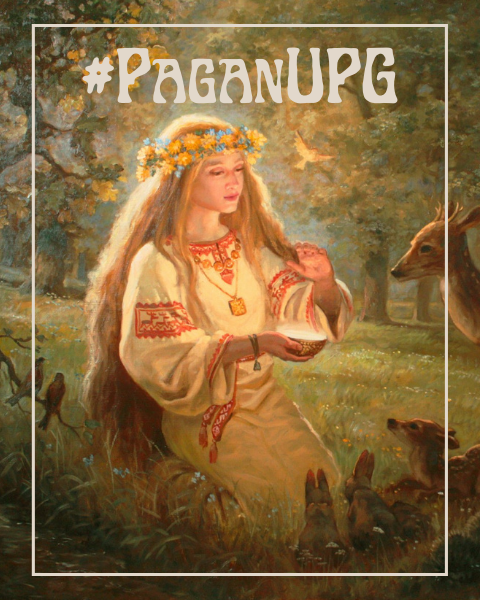
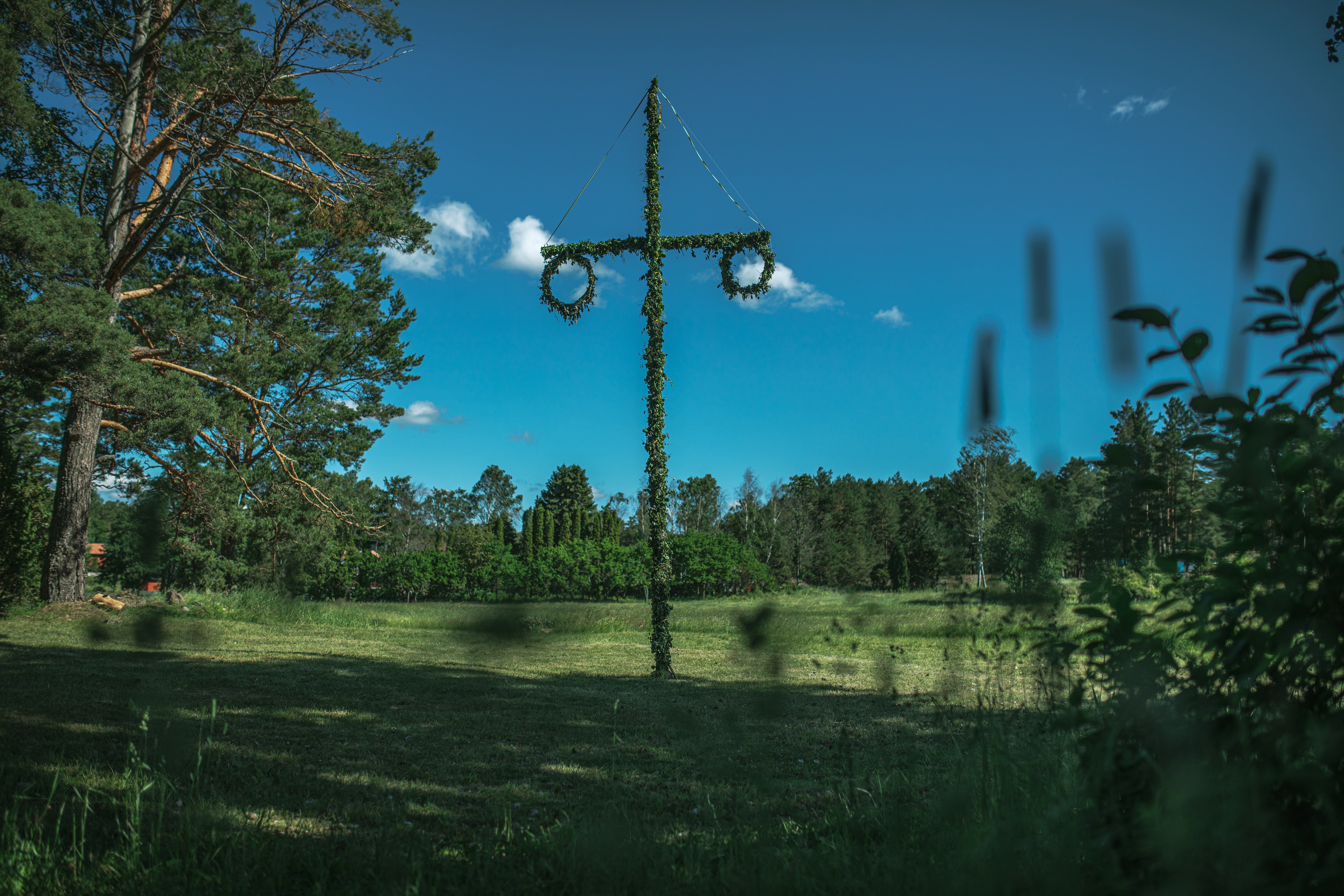














Leave a Reply